Are you curious about what makes Montessori such a beloved approach for families, educators, and children around the world? You’re not alone! The Montessori philosophy is well known for its unique blend of independence, respect, and thoughtful guidance. Here are some essential Montessori beliefs that you should know and keep in mind.
This post brings you Part 1 of the series on Essential Montessori Beliefs, inspired by helpful insights from Master the Montessori Life. Whether you’re just starting out or looking to deepen your understanding, you’re in the right place.
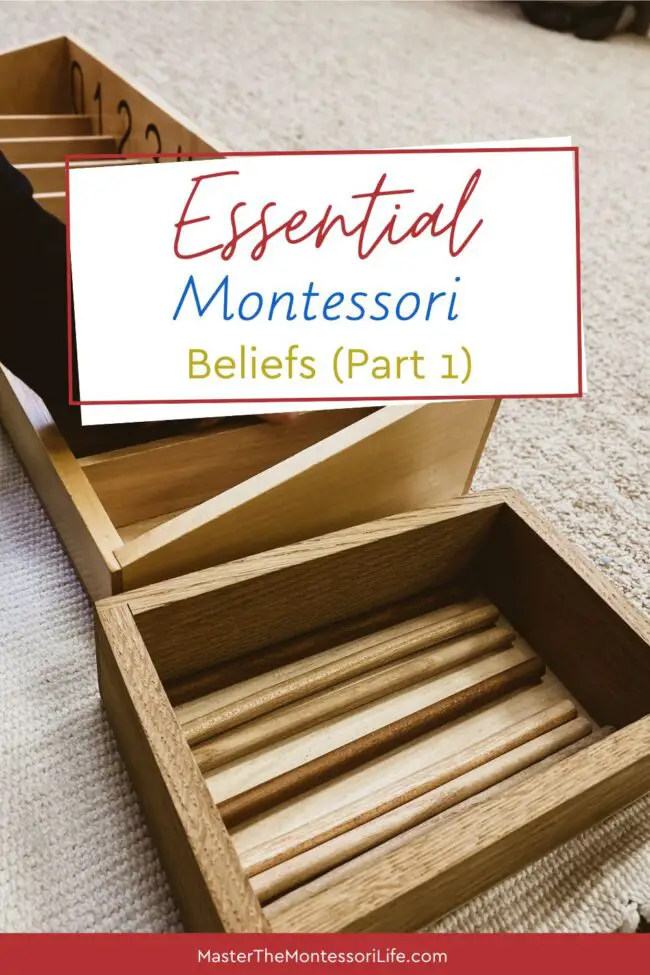
Freedom within Limits
A foundational belief in Montessori is that children thrive when given freedom within clear, supportive boundaries. Dr. Maria Montessori discovered that when children can choose their own activities in a prepared environment, they become engaged, confident, and responsible for their learning.
The idea is not about chaotic free-for-all time, but about intentional choice in a space set up just for them. Interested in bringing more structure to your Montessori day? Check out this practical Montessori planner and resources from the Montessori shop to help organize learning and maximize your child’s independence!
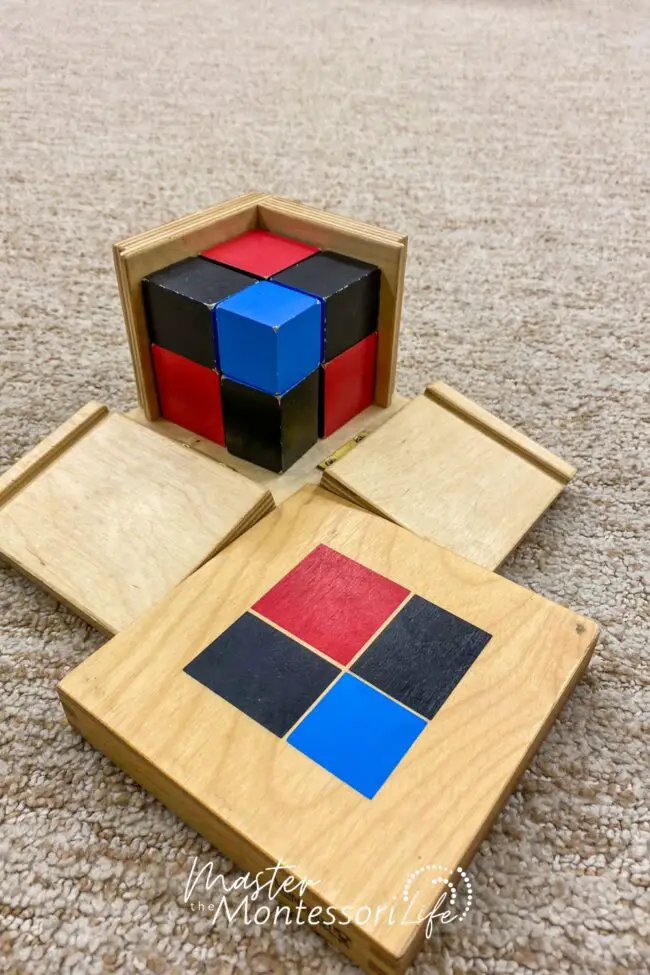
The Absorbent Mind and Sensitive Periods
Montessori philosophy recognizes young children as having “absorbent minds,” soaking up knowledge from their environment like little sponges. Dr. Montessori also identified “sensitive periods”—windows of opportunity when children are especially eager to learn certain skills, like language or movement.
Supporting your child during these times with the right materials and encouragement makes learning joyful and natural. If you want to learn more about these fascinating periods and how to nurture them, you’ll love the Nurturing Your Montessori Baby Digital Book and this blog post on the importance of Montessori from birth.
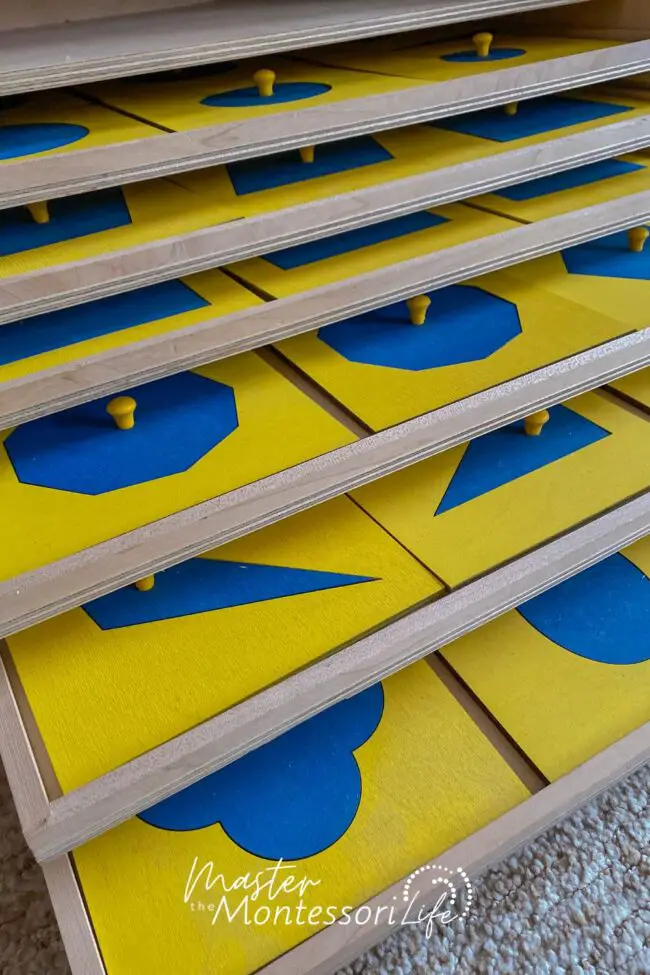
Respect for the Child and the Role of the Guide
Respect is the heartbeat of Montessori. It’s more than good manners; it’s about seeing each child as a capable, unique individual with their own interests and pace. Teachers and parents are seen as “guides,” providing gentle encouragement and carefully chosen challenges, instead of leading direct instruction.
If you want to explore practical ways to step into this guiding role, the Teaching Montessori at Home Digital Book is a fantastic place to start! For more insight into being a Montessori guide, check out episodes from the Master the Montessori Life podcast.
Wrapping Up Essential Montessori Beliefs
Montessori principles are about so much more than schools or lesson plans; they’re a way of seeing the child and trusting the natural process of learning. By offering freedom within limits, respecting each child, and thoughtfully preparing the environment, you can transform how your child experiences the world.
If you’re ready to take the next step, don’t miss the wonderful resources at Master the Montessori Life and the variety of tools and digital books in the shop. Start your Montessori Journey today and experience the magic for yourself!
[Absorbent Minds] [by: MONTESSORI]![[Absorbent Minds] [by: MONTESSORI]](https://easyproductdisplays.com/wp-content/uploads/2017/07/buy5.gif) How To Raise An Amazing Child the Montessori Way
How To Raise An Amazing Child the Montessori Way The Absorbent Mind: From the original archives by M. Montessori, in partnership with AMI –
The Absorbent Mind: From the original archives by M. Montessori, in partnership with AMI –
You might also enjoy these relevant topics:
- Essential Montessori Beliefs (Part 1)
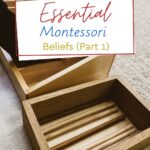 The Montessori philosophy is well known for its unique blend of independence, respect, and thoughtful guidance. Here are some essential Montessori beliefs that you should know and keep in mind.
The Montessori philosophy is well known for its unique blend of independence, respect, and thoughtful guidance. Here are some essential Montessori beliefs that you should know and keep in mind. - Fostering Creativity in Montessori
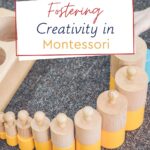 The Montessori method has long been celebrated for its unique way of fostering creativity.
The Montessori method has long been celebrated for its unique way of fostering creativity. - Color Box 2: Montessori Printable Set
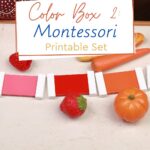 The Color Box 2 Montessori Printable Set is a wonderful tool designed to enrich your child’s understanding of color through joyful exploration!
The Color Box 2 Montessori Printable Set is a wonderful tool designed to enrich your child’s understanding of color through joyful exploration! - Embracing Montessori Philosophy from Birth: An Age by Age Guide
 Welcoming a child into the world is as thrilling as it is overwhelming. Embracing the Montessori philosophy from birth doesn’t have to be.
Welcoming a child into the world is as thrilling as it is overwhelming. Embracing the Montessori philosophy from birth doesn’t have to be. - Explore the World with Montessori Landmark Cards
 The Montessori Culture Landmarks and Monuments of the World 3-Part Cards + Lesson Plan is your passport to global learning adventures!
The Montessori Culture Landmarks and Monuments of the World 3-Part Cards + Lesson Plan is your passport to global learning adventures! - How to Teach Addition with the Montessori Method
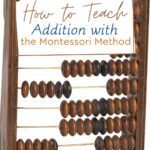 Introducing children to addition can be an exciting milestone, especially when you use the Montessori method.
Introducing children to addition can be an exciting milestone, especially when you use the Montessori method.

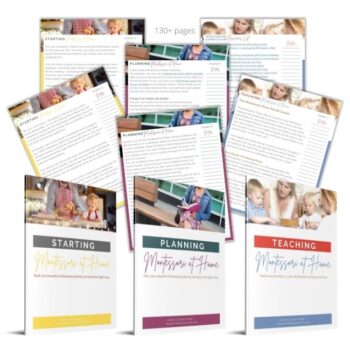
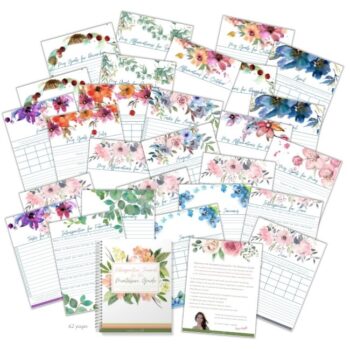
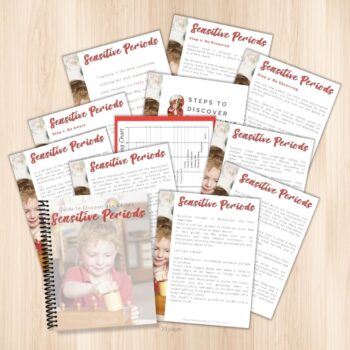
![[Absorbent Minds] [by: MONTESSORI]](https://m.media-amazon.com/images/I/41DS7a3zqqL._SL500_.jpg)






Leave a Reply